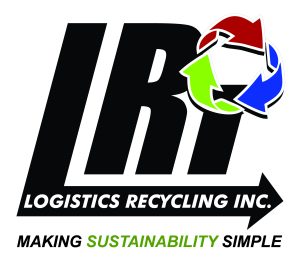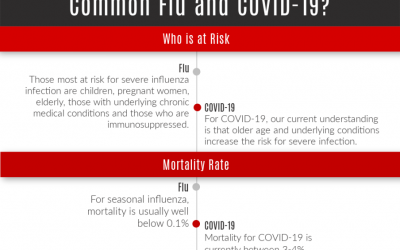
Who Do You Choose To Be During Covid-19? Live in fear, or rise to the occasion? While initially many thought this was going to be a sprint, it’s more likely to be a marathon. This chart may put some perspective on how to prepare yourself mentally for the journey ahead.
Who Do You Choose to Be At Home or Work?
Where will you be during the coronavirus outbreak? Working from home. Or, will you be out on the front lines? For those working in healthcare-based services, like MERI, our focus is on a being safe and being prepared. After all, we’ve gone nearly 10 years without a lost time injury, and hope to keep that track record going strong.
One way we are preparing is calling all of our customers to ask if they have any new procedures in place before we come to collect their medical waste.
We are also asking our customers to:
- Properly tie their biohazard bags. We are encouraging our customers to review medical waste shipment practices by watching this video and hanging this flyer near their biohazard bins.
- Ensure items that are put into the red bag are ONLY INFECTIOUS WASTE. This blog and free poster may help staff learn what goes, and what doesn’t go, in a red biohazard bin.
- Make sure biohazard bag meets ASTM D1709 standard. Biohazard/liner bag specifications are: 1.5 mil thickness biohazard plastic bag that meets ASTM D 1709 and 1922: 165 grams impact resistance and 480 grams tear resistance in both parallel and perpendicular planes.
We are taking extra measures to control the spread of the virus, including:
- Following access requirements our customers have in place to minimize exposure
- Wearing appropriate PPE in those areas that require it.
In addition, we are following best practices for handling, transporting and treating the medical waste we collect. Here are a few of the things we do on a regular basis:
- Wash and disinfect the transport containers before they are returned to service.
- Disinfect our vehicles.
- Follow good hygiene. Wash hands and wear clean clothes.
- Ensure the waste is handled and treated according to our permits.
- Package the waste to ensure safe transportation and handling to the treatment facility.
We appreciate our customers and the work they do every day. Together, we’ll rise to the occasion.



